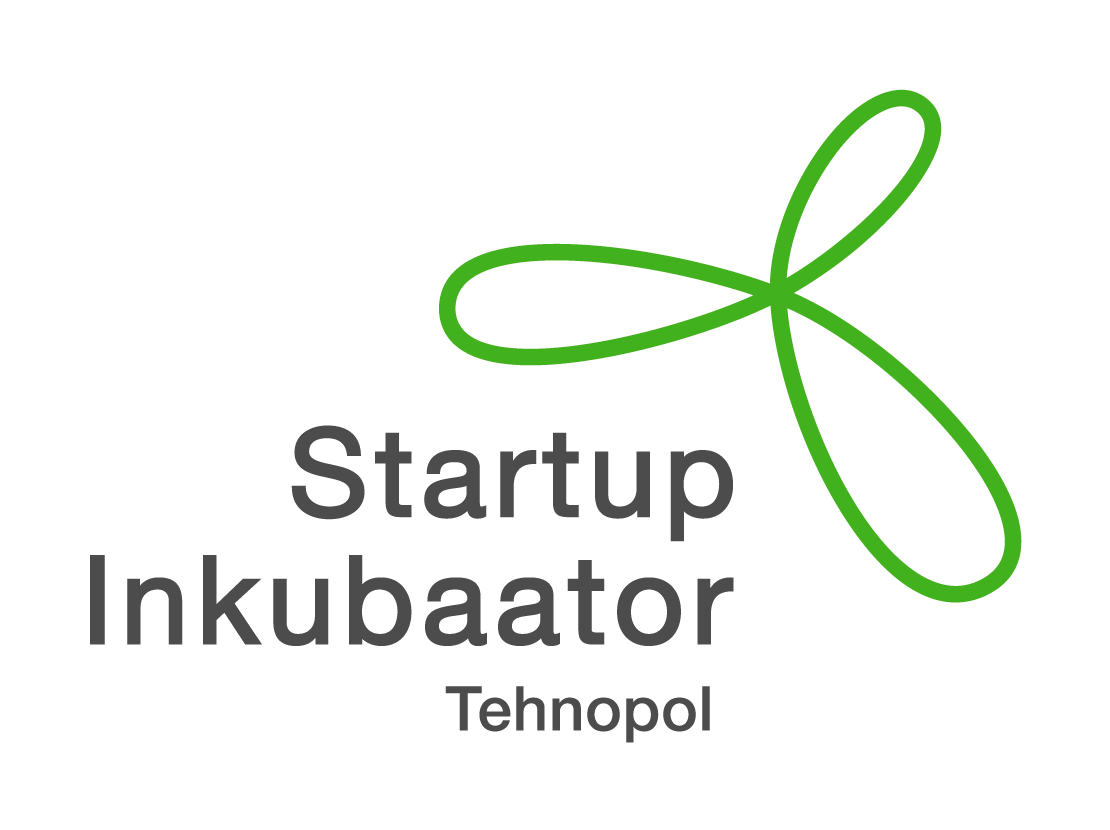Deep tech startups in pandemic Europe: sharing a glimpse of hopeful future

The pandemic has caused a news reality including a global lockdown, quarantine regime and physical isolation. As most businesses faced difficulties due to Covid-19 pandemic, Scale-up Champions team as Startup Europe Ambassadors had launched the deep tech startup survey, an initiative to develop a dialogue with businesses to spot their needs.
From Tallinn, to Barcelona, Kaunas, Leipzig, Poznan, Copenhagen and more European cities, we contacted a large pool of the most open-minded entrepreneurs and asked them for their needs on coping with the situation and even growing business during and after the pandemic. A recap of their insights and data shared helps to picture the recovering scene of deep tech startup communities within the EU.
According to the survey conducted by Scale-up Champions, even with the global downturn caused by the pandemic, some companies today have seen an increase in business. This situation created by Covid-19 can be described by some sectors as a period of new opportunities. Examples include startups in prop tech and corporate, e-commerce, marine robotics, fitness, wellbeing and the babycare industry.
Summarizing the downturn impact, 50% of all respondents faced a decrease in revenues, ranging from 10 all the way up to 95%. Some of the entrepreneurs who have not faced financial challenges, forecast that difficulties may come a bit later, after two months and for this reason, they are looking for options to amortize the future risks.
Startups cope with the challenges reducing investments in new products, services and expenses in general. A lockdown negatively affected the R&D and innovation activities, as the teams are physically separated from the laboratories and research equipment. It is a concerning challenge the deep tech companies are determined to overcome in the near future as quarantine restrictions get more relaxed.
The most critical challenges deep tech startups are currently facing may be defined as:
- Further funding to cover lost revenue
- The loss of current and potential customers
- Closed or delayed R&D projects
- Lack of experienced IT professionals and remote onboarding
- Distracted flow of the revenues, late payments
- Distracted international shipping
Entrepreneurs see the end of the pandemics as an extremely hard time to focus on sales. New markets, relationship development with customers and sales promotion seems to be No 1 on the to-do-list. Also, comeback to the postponed commercial and research projects are the ones from primary focus.
“Gaining interest in our technology to potential customers is our greatest need. We have developed a number of solutions in the field of steel heat treatment, which can contribute to the improvement of our clients’ products or to their production costs. We compete with solutions known for decades and sometimes it is very difficult to convince clients that another way of conducting the process may be beneficial for them”, says the head of “NanoStal”, a startup that innovates heat treatment of steel. The example illustrates essential struggles deep tech innovation are going to face in the recovering market.
Complicated pandemic circumstances severely affect med tech startups. On the one hand, the boom of health sector solutions and hackathons showed the demand for innovative ways to deal with the pandemic crisis. On the other, the lockdown of Universities and research facilities, remote working and decreased sales of non-urgent medical/rehabilitation equipment have caused the stagnation. Nevertheless, these startups remain optimistic and use the quarantine time for preparation of, for example, serial production.
More than half of the respondents feel social responsibility to contribute to the fighting the pandemic by supporting the medical forces or providing the needed resources. The head of micro and nanotechnology solutions developer “ATLANT 3D Nanosystems” states, “We are developing a technology that will make the world more decentralized and independent from the supply chain and the technology that will enable rapid development of micro devices that can be used for virus detection as well”.
It stays clear that startups will only be negatively affected if they remain at the level of ideas without making changes. Scale-up Champions survey helped to find that the companies are open for new funding opportunities. They find it expect to be matched up with an international corporate company to adjust products together and help to identify and acquire proper investment or funding. Additionally, exchanging corporate networks with startups in other countries could empower deep tech companies to reorient and utilize the challenges.
Scale-up Champions team look forward to help startups with upcoming future initiatives as the first activity launches as webinar series in May and June. These events are attracting the EU investors, entrepreneurs and innovators, eager to share the latest updates on post-covid opportunities for businesses and networking activities. The aim of the Tehnopol research and business campus joining this project is to help Estonian technology companies grow and reach the wide world.


